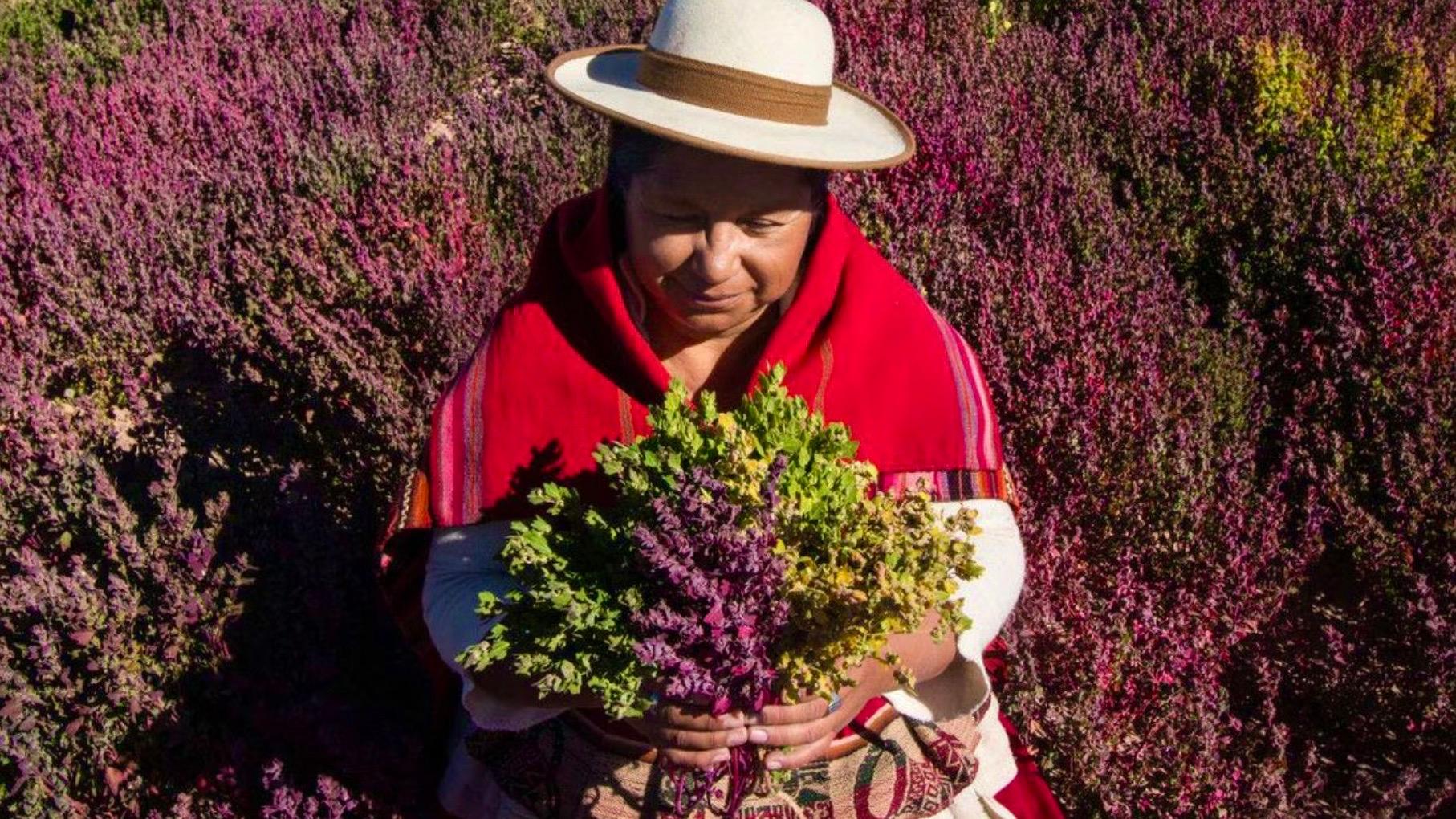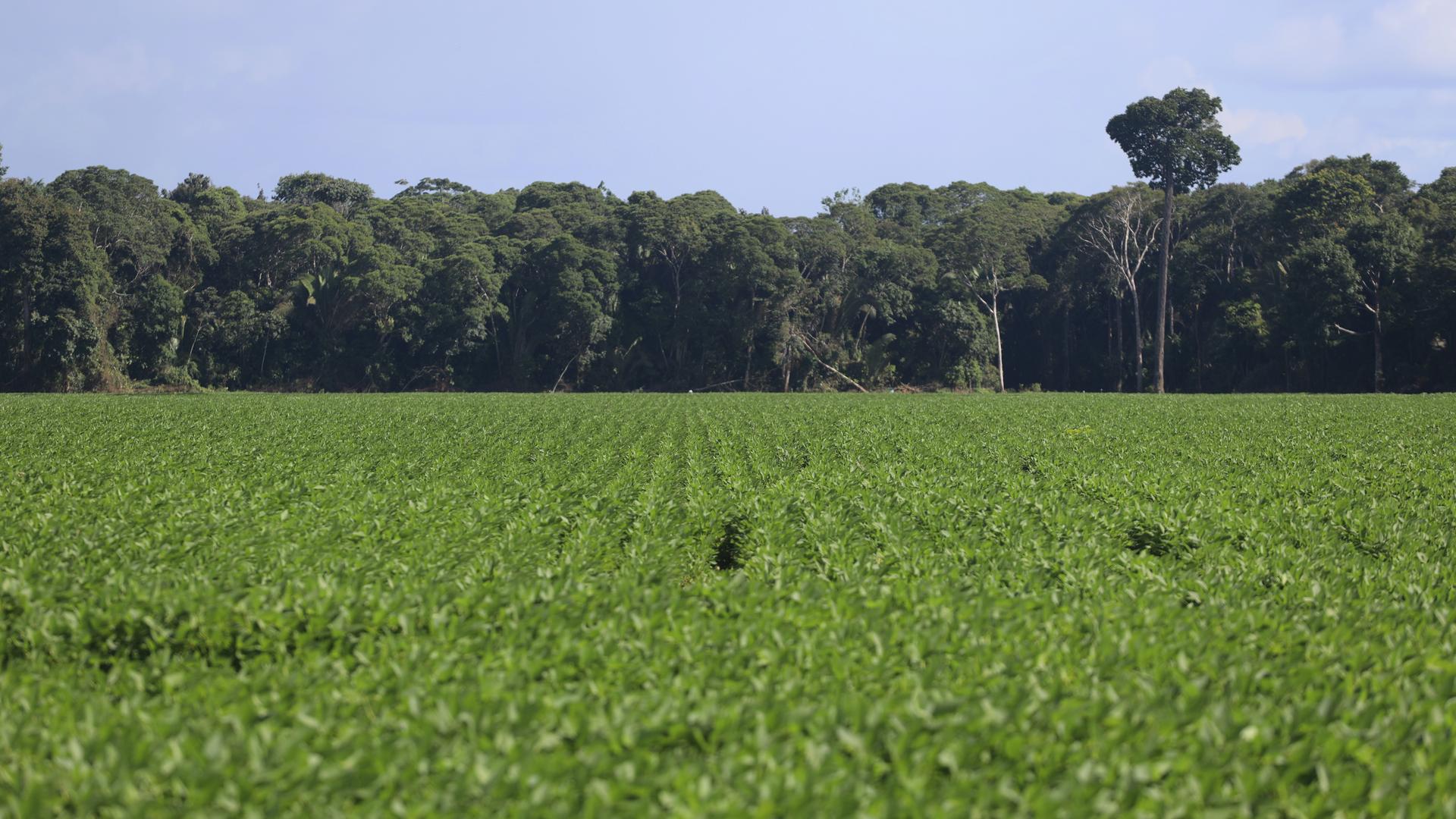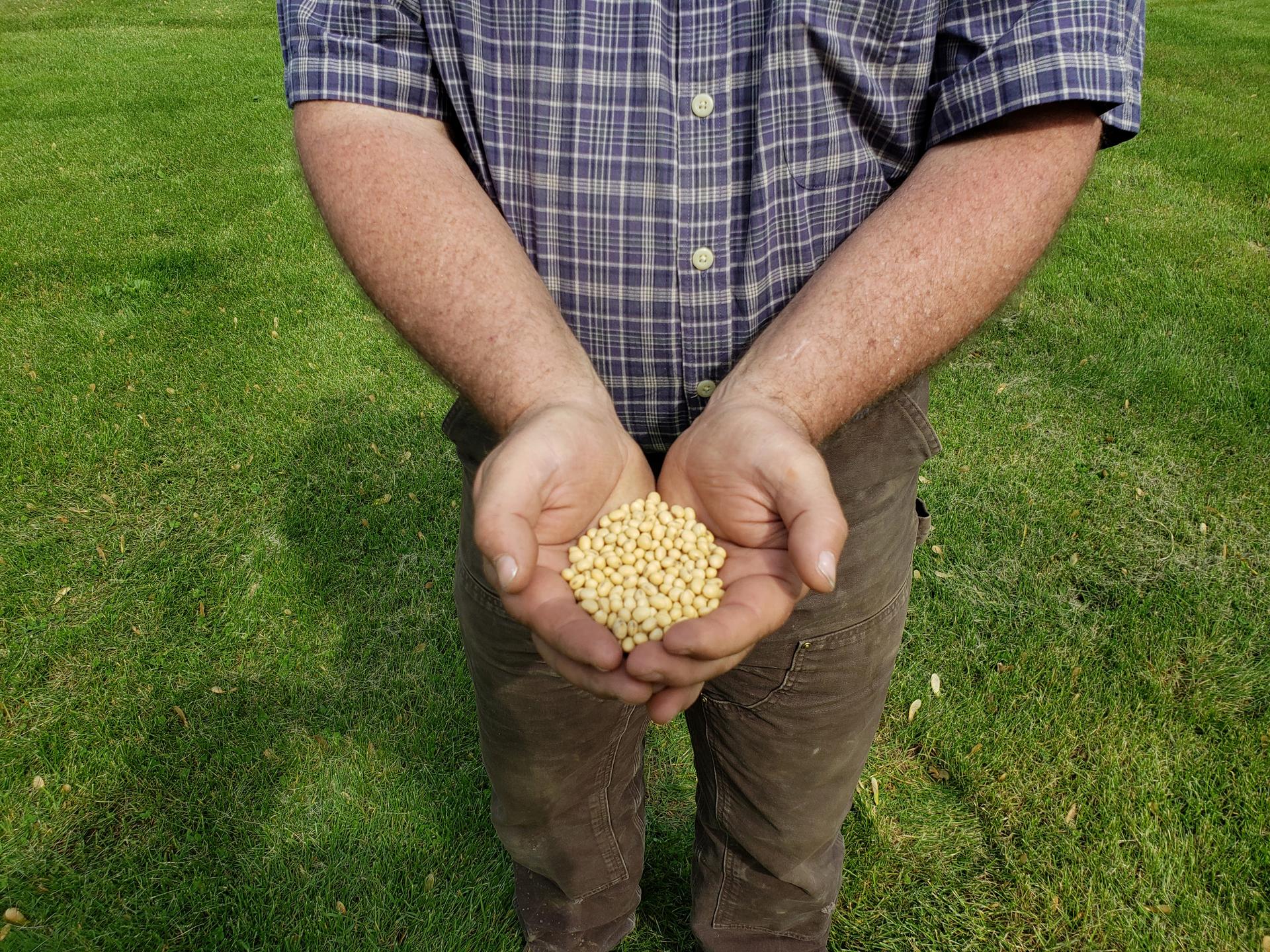Crops
An engineer in Bolivia is reviving an ancestral, nutritious grain for the 21st century
An Indigenous woman in Bolivia has earned international recognition for her work in the production, transformation and commercialization of cañahua, a resilient crop and nutritious grain with the potential to reach international markets.
Could Pickens, South Carolina, join China, India and Sri Lanka among the world’s great tea-growing regions?
When you think of the world’s great tea-growing regions, you might think of parts of India, Sri Lanka, China or Kenya. Odds are, though, you don’t think of Pickens, South Carolina, a small, economically depressed town in Appalachia. But one man in Pickens is on a mission to change that.
How to keep farming when God says to stop
According to Jewish law, farmers are supposed to leave their fields fallow every seventh year — which happens to be right now. But among farmers who pay attention to the decree, called “shmita,” there are all sorts of technicalities that allow them to keep on growing.
Rising carbon dioxide levels may reduce the nutritional value of important foods
Rising levels of atmospheric CO2 are already having significant impacts on climate, weather patterns and water supplies. Scientists expect increased carbon dioxide levels will also affect agriculture across the world, in ways we can’t predict. The results of a recent study suggest that one of those affects could be quite alarming.


